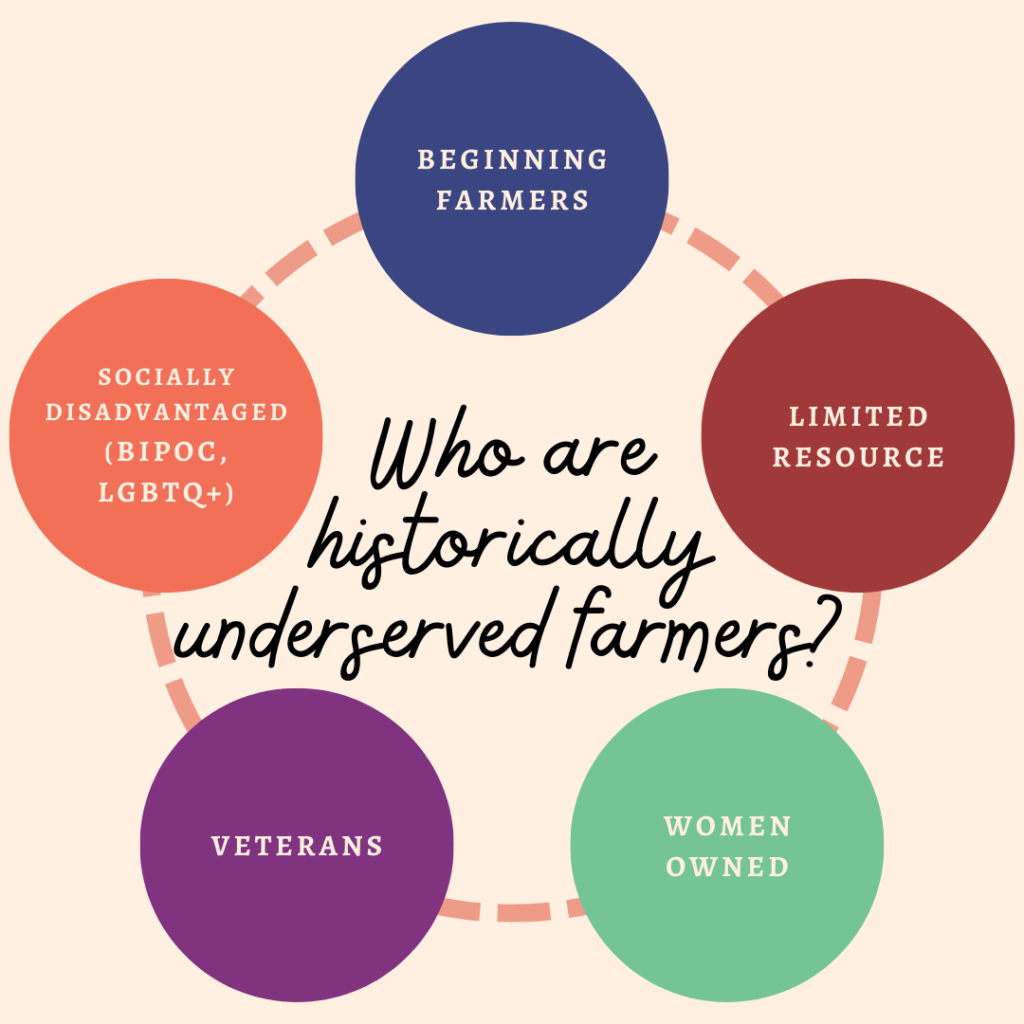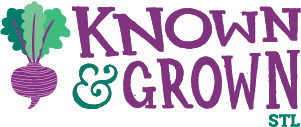Missouri Coalition for the Environment created the Known & Grown STL program to build a resilient, equitable food community by supporting and promoting farmers within 150 miles of St. Louis that demonstrate environmental stewardship through humane and chemical-free farming practices.
Small farmers are integral to a resilient and equitable food community. However, they face many barriers to success in adopting good environmental and conservation practices as well as running a small business.
With this in mind, Known & Grown STL is offering mini-grants to farmers in our region to improve the environmental and conservation practices on their farms. Our intention is to remove a financial barrier for farmers to implement more practices that will improve our air, water, and soil quality and increase biodiversity.
Environmental stewardship includes practices that protect and preserve the quality of our soil, air, and water, promote biodiversity, and reduce reliance on fossil fuels.
Our selection process prioritizes historically underserved farmers which include the following:

- Beginning Farmers
- Woman-owned
- BIPOC
- LGBTQ+
- Low-Income
- Veteran
Current Mini-grant Opportunities
We will post current mini-grant opportunities below. Each opportunity may have its own requirements based on funders/sponsors of the mini-grant.
Please only complete one mini-grant application at this time. All applications for our county specific grants may also receive consideration for our general mini-grant.
For any questions, please contact us at moenviron@moenvironment.org.


